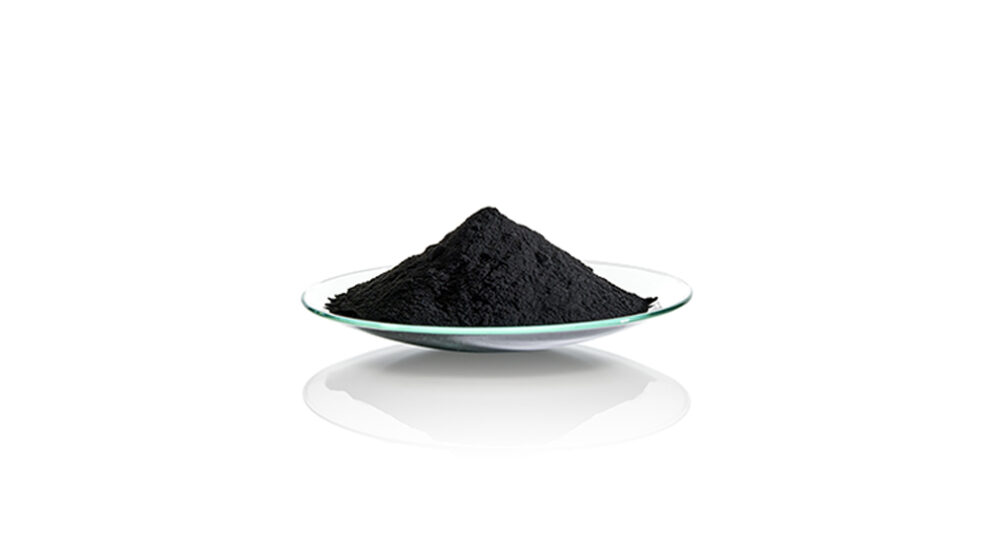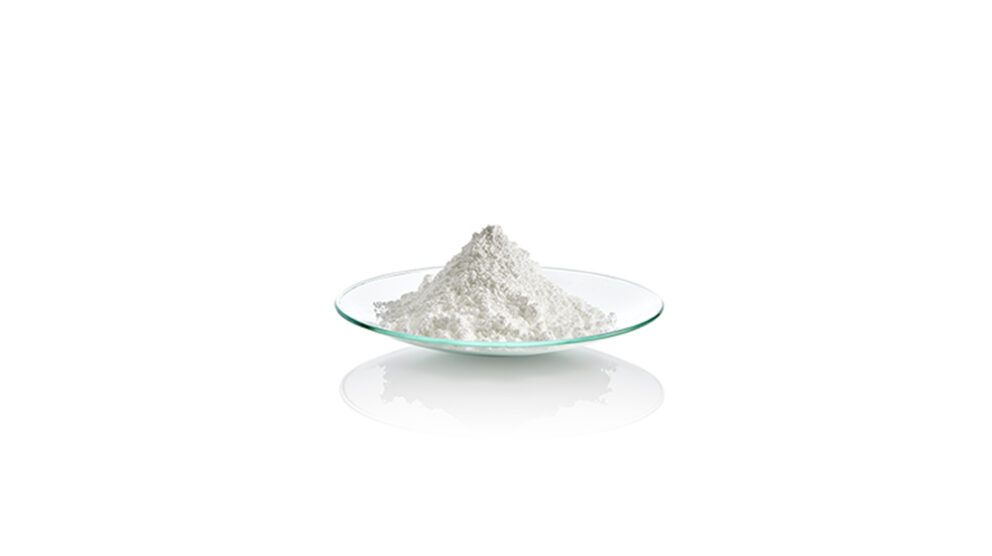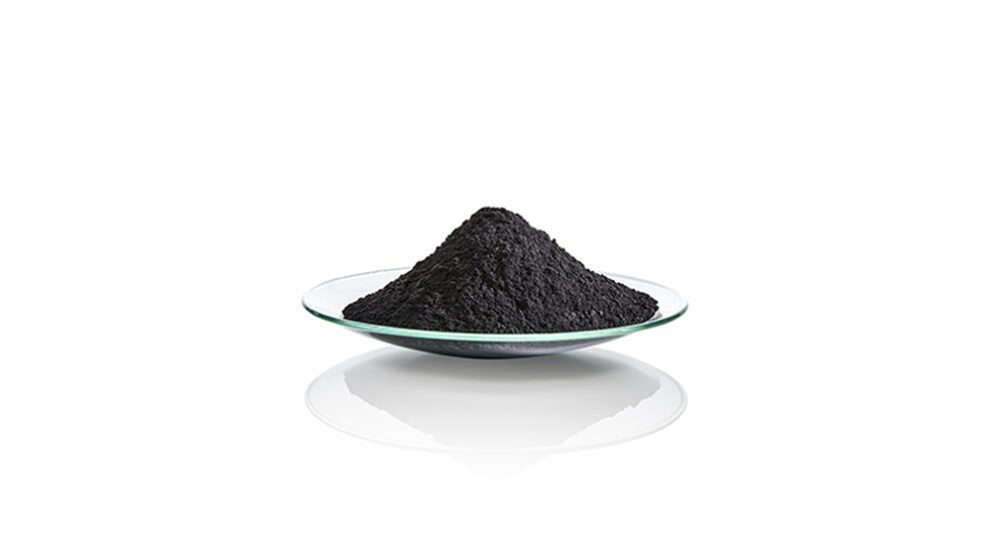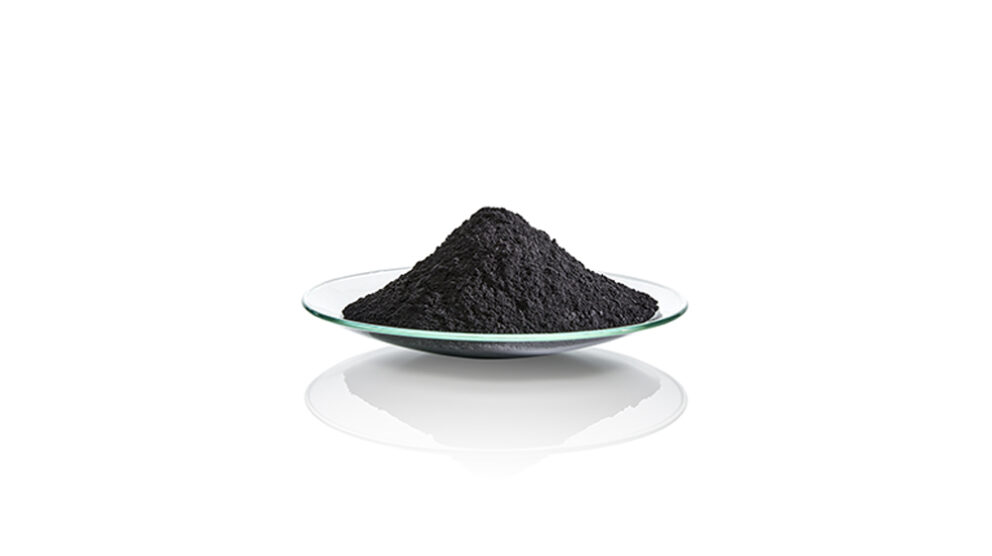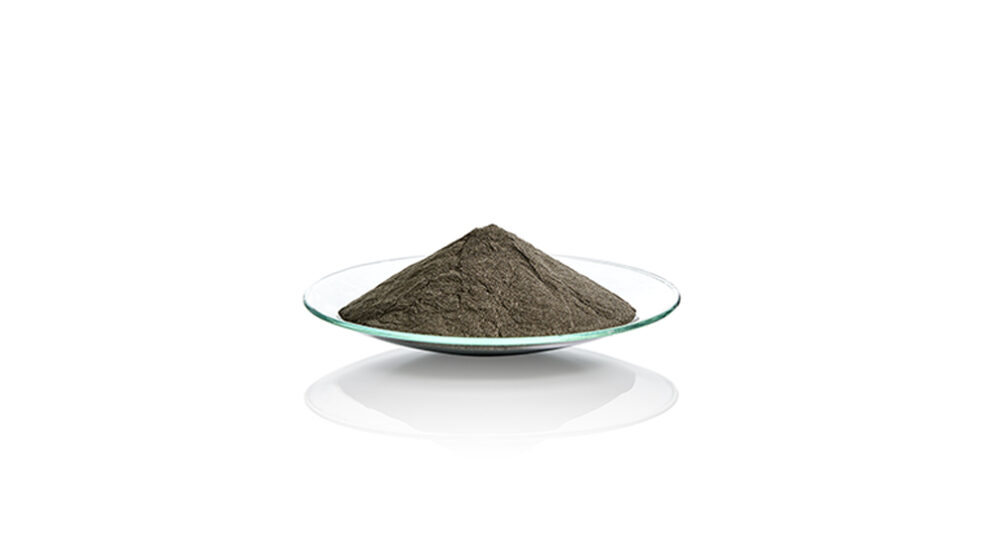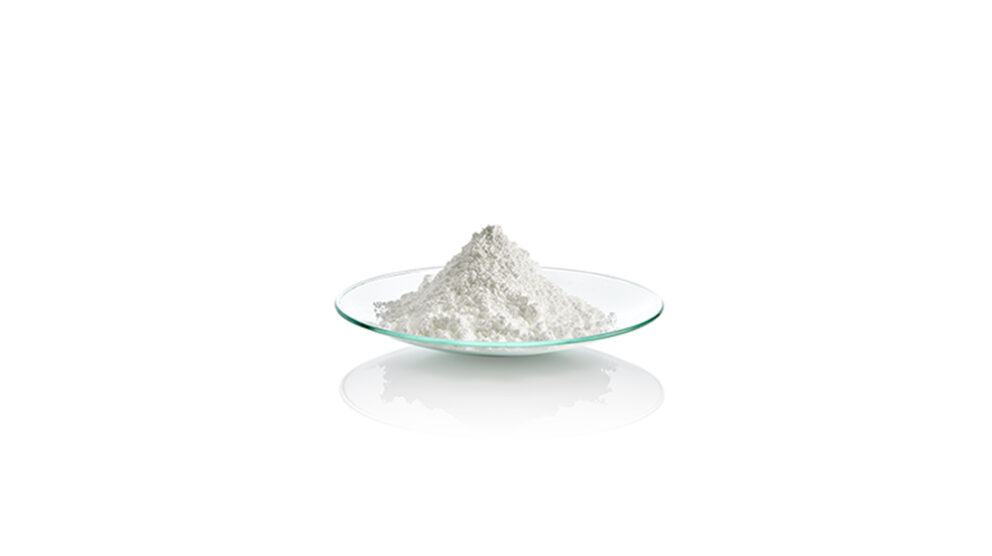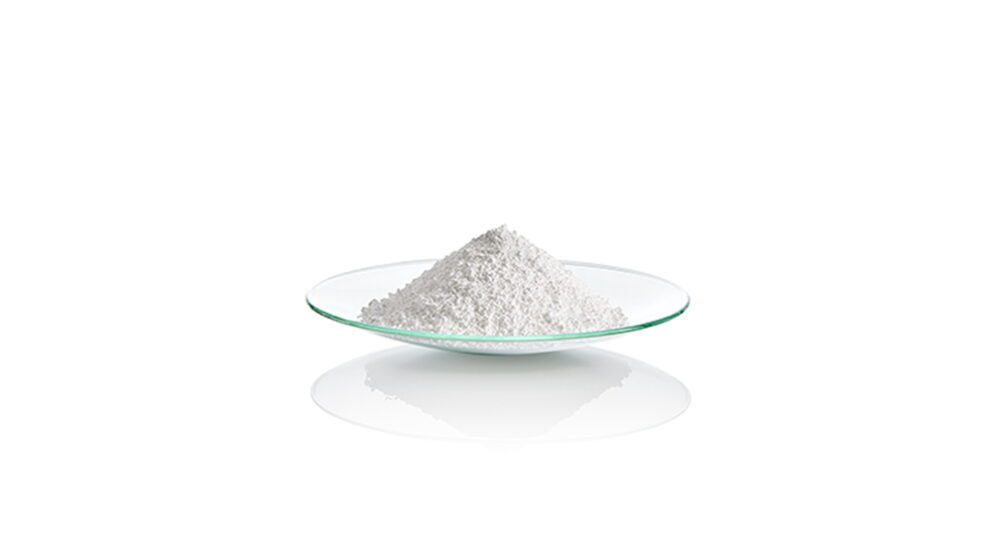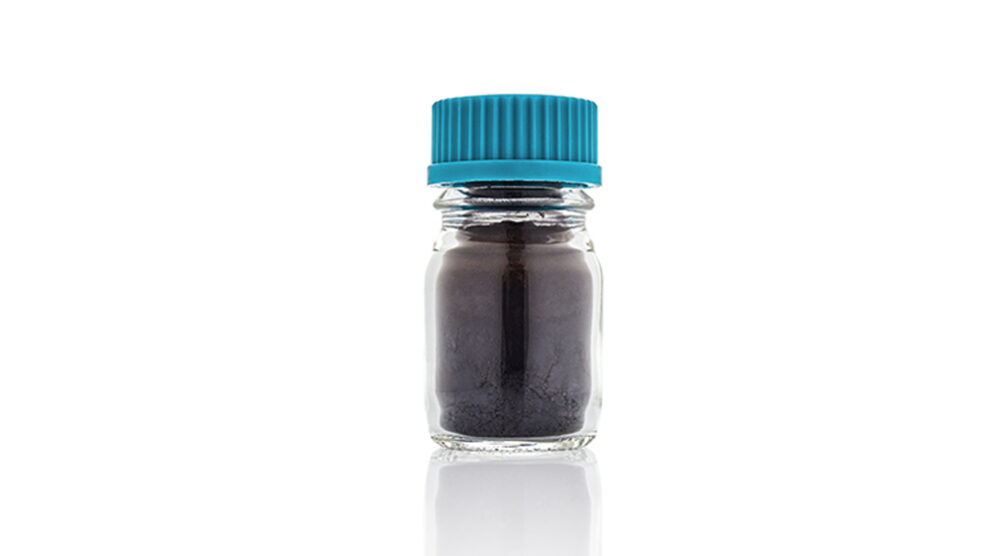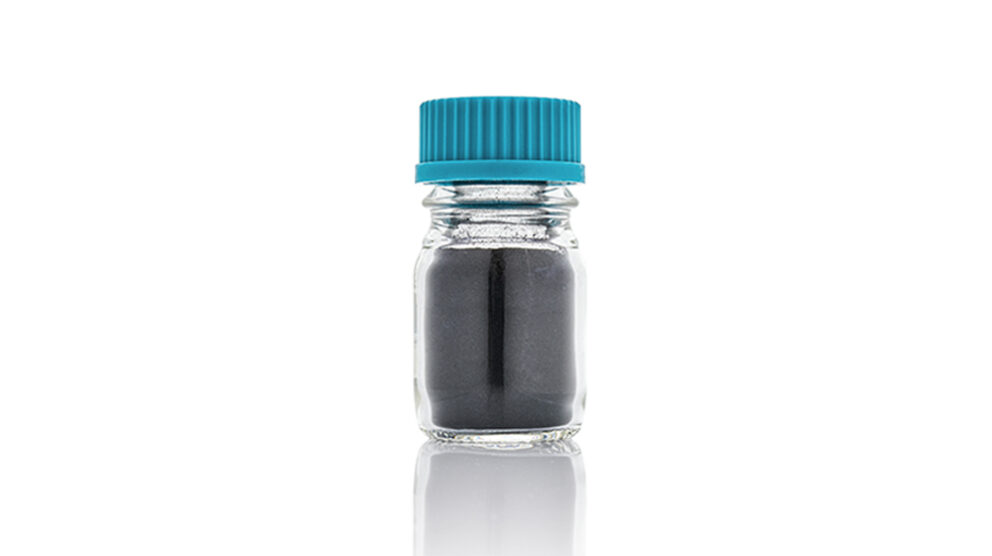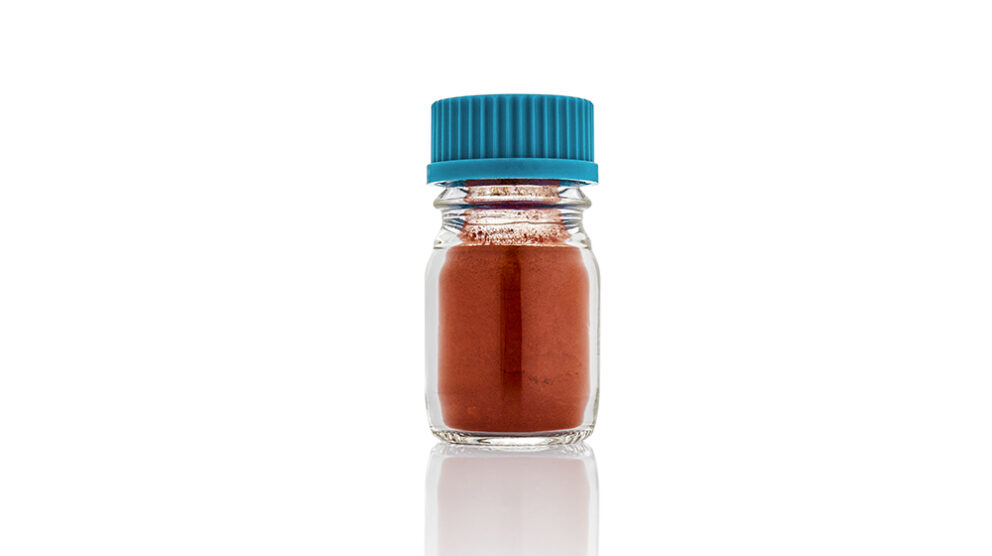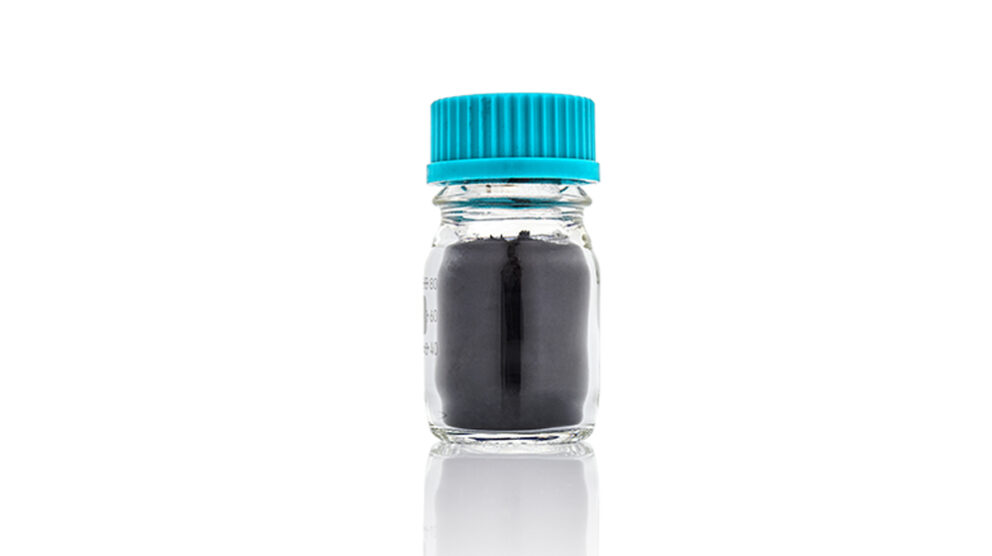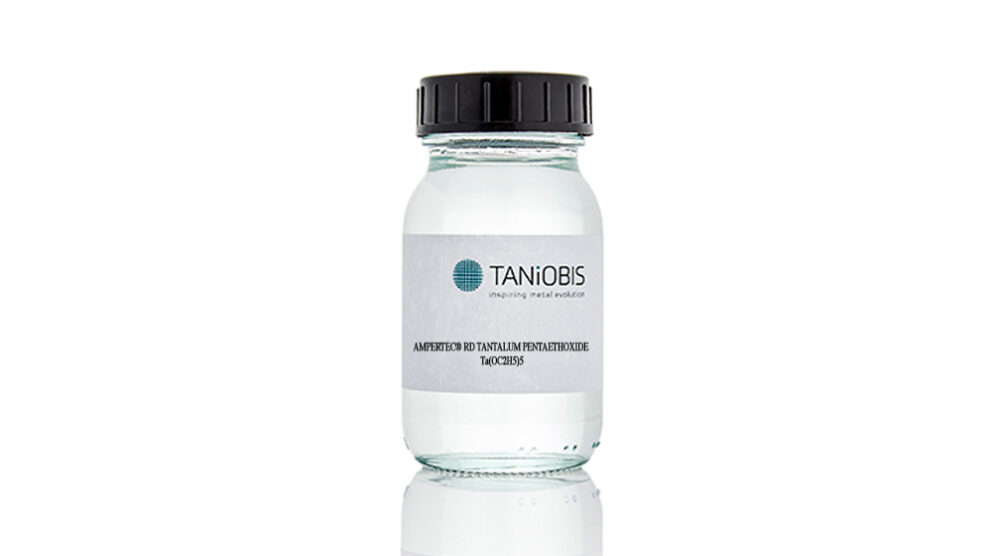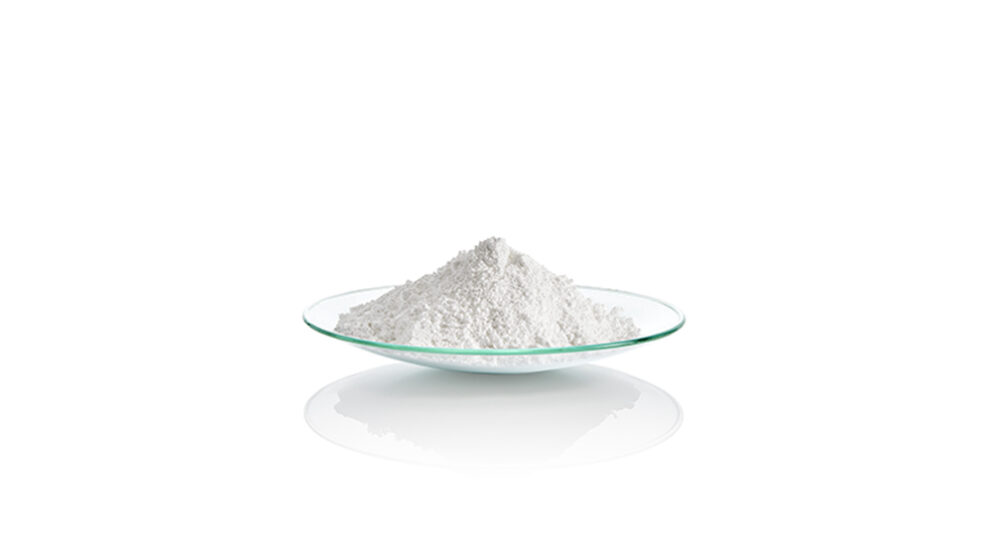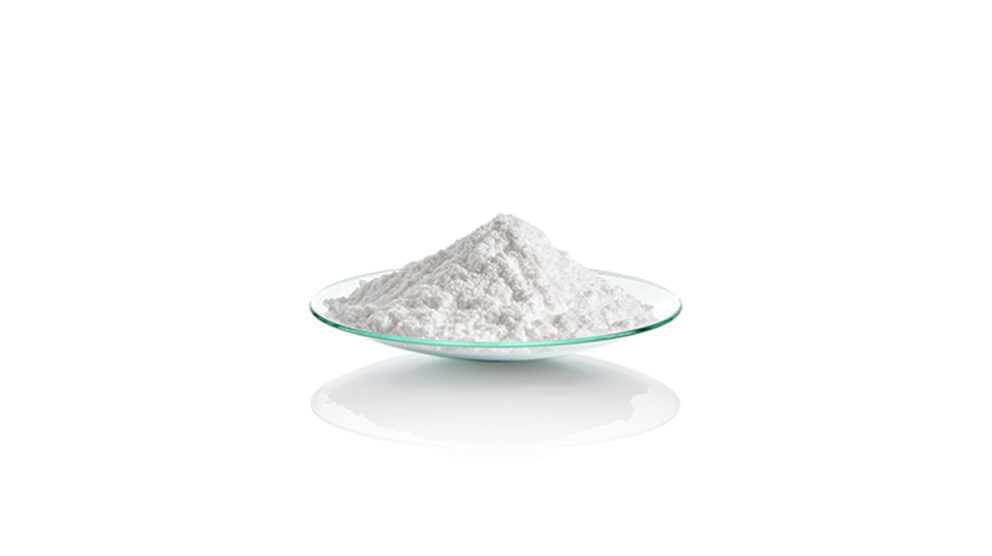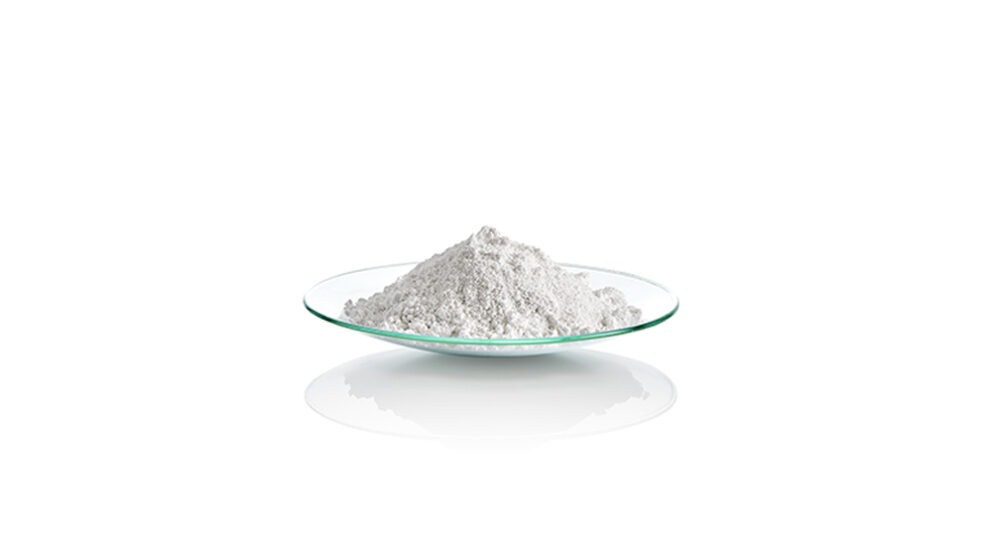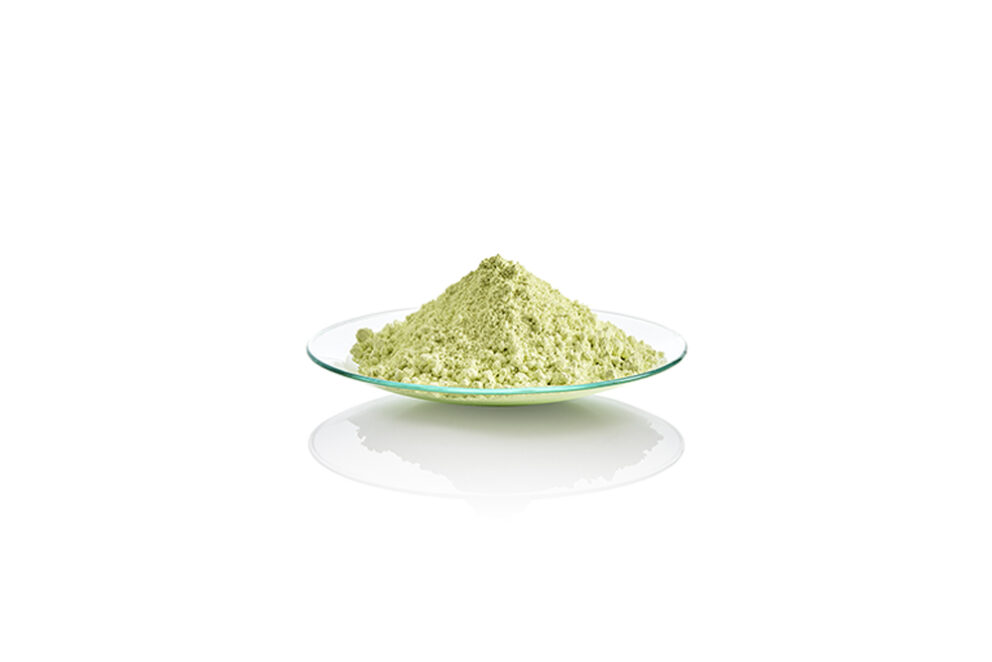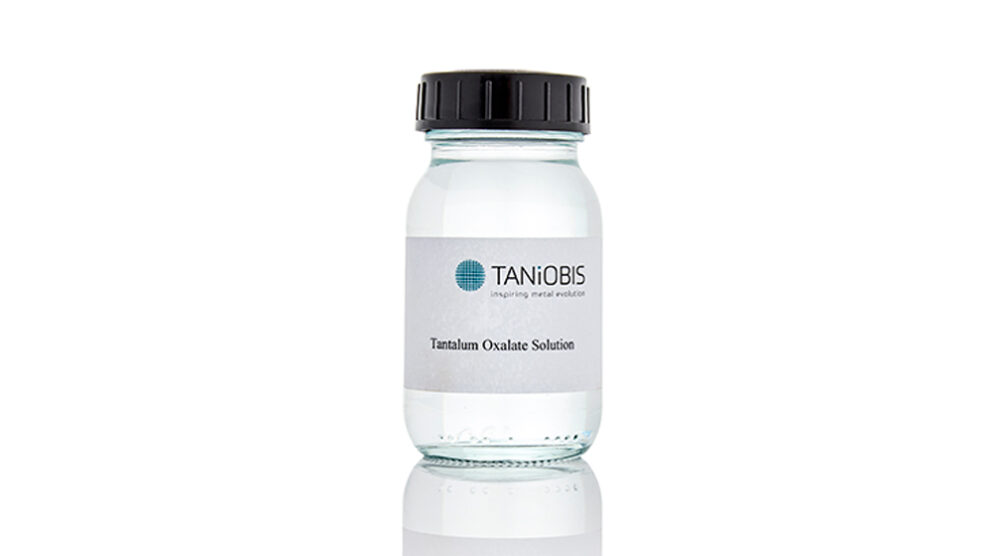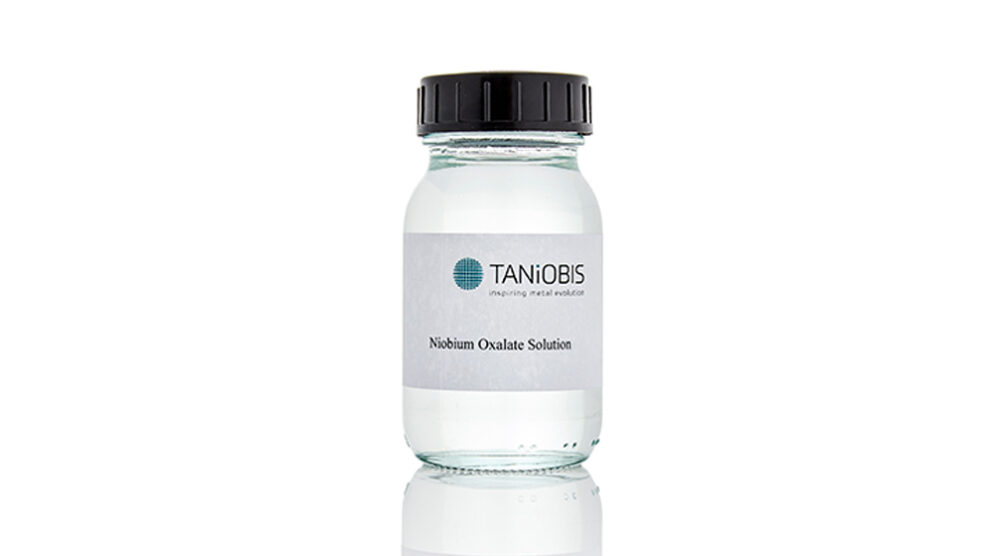Maximum Performance – Minimum Space
Patented tantalum capacitor powder
The primary driving industry for tantalum products including capacitors and SPT powder is the electronics industry, which accounts for about 50 % of overall tantalum consumption. Today’s smartphones, super-thin notebooks and media tablets have to include ever more features into increasingly smaller formats. Our tantalum and niobium capacitor powders make it possible to achieve the large specific surface area needed to manufacture high-performance capacitors. Extremely reliable, today’s tantalum capacitors store the maximum amount of electrical charge in a minimum amount of space.
Tantalum Powder - The Key to Miniaturization
The trend toward miniaturization in the electronics industry is continuing unabated: smaller and smaller devices are expected to provide an ever-increasing level of performance with more and more functions. As a result, the capacitors used in these devices must achieve greater capacitance in smaller spaces. Tantalum capacitors are particularly well suited for this task: anodes made of pressed, sintered tantalum powder provide an extremely high degree of volumetric efficiency.
Sputter Targets
Sputtering is used in physical vapor deposition (PVD) to deposit a thin film onto a substrate. In modern semiconductors, a thin tantalum layer is required to prevent copper migration. The smaller the structures become, the more important is the purity as well as the microstructure of the sputtering targets, and the deposited layers. TANIOBIS sputter target powdes are the ideal starting material to achieve best performing targets. We are one of the leading suppliers of tantalum for sputter targets. These are primarily used in semiconductor applications for high-speed data processing and for storage solutions in the consumer electronics industry.
Surface Acoustic Wave Filters
Based on lithium tantalate or lithium niobate, surface acoustic wave filters (SAW-Filter) enable mobile communication by filtering frequencies and complexity. Therefore, they are used for every device using mobile communication standards enabling global connectivity.
Optical Industry
Manufacturers of optical lenses use tantalum or niobium oxides to improve the refractive index of their products allowing for thinner lens profiles. Another benefit of these glasses is the low chromatic aberration. Furthermore, niobium oxide coatings make optical surfaces anti-reflective and simultaneously increase scratch resistance.


